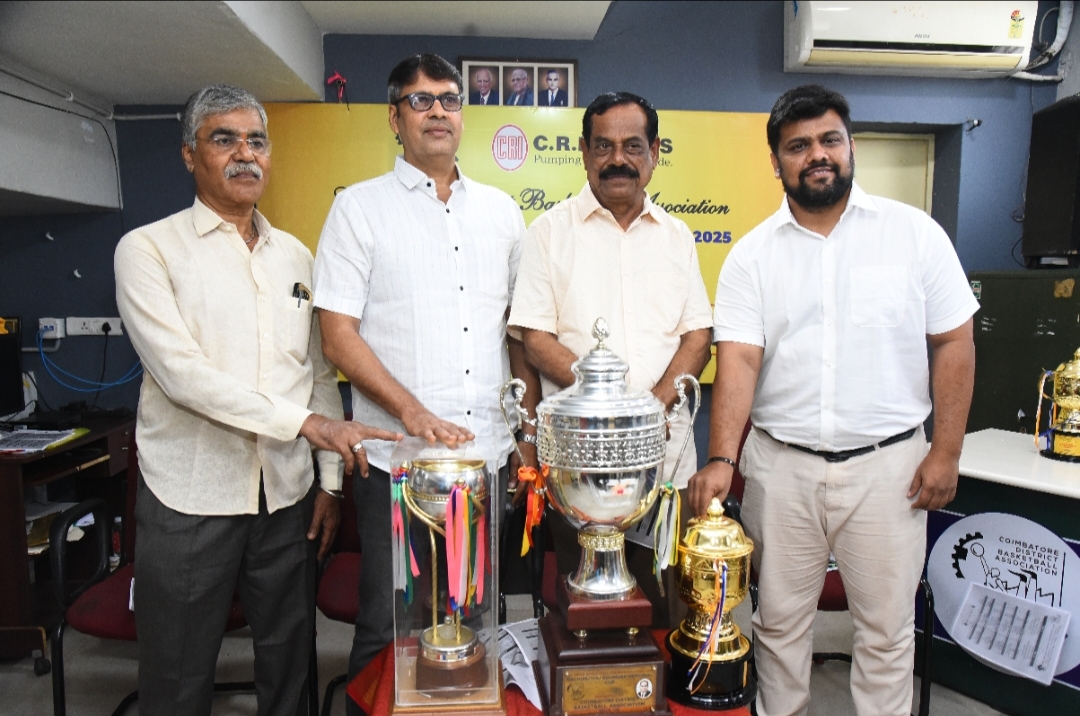Trending Now
- “If Edappadi Palaniswami permits, a thousand young members from the Virudhunagar district AIADMK are prepared to take up arms and engage in battle under my command.” – Former AIADMK Minister Rajendra Balaji
- “India is ready to deal with any counter-attack by Pakistan” – Wing Commander Vyomika Singh
- Central govt orders extension of CBI Director Praveen Sood’s tenure for another year
Coimbatore
The ugly side of human beliefs
![]() March 10, 2017
March 10, 2017
Bengaluru: It takes a heart wrenching incident to jolt us from inside and take stock of our surroundings. The recent incident of a 10-year-old girl, who was found murdered near Hosahalli on the outskirts of Bengaluru, who had allegedly been sacrificed by her own relatives to cure her ailing uncle shows us a very ugly side of of our beliefs (superstitious) and what they can do.
Last year, as many as five cases of human sacrifices were reported. Many of these practices have been going on for years. “People fall prey to such superstitious belief and go to extreme length to adhere to it,” says Ragini Kumar, Social Worker, who imparts education in villages and slums.
Dr Joydev Sarma of Ellora Vigyan Mancha, an NGO which educates against superstitious belief says, “With such practices still prevalent, it is the duty of the government to have an anti-superstition law that will curb and instill some fear. The practices and beliefs largely stem from ignorance. And such extreme reactions leading to death, can only be explained through education and science.”
“We are all superstitious on some account, but we will not believe a quack over a doctor. The law is handy in such cases because it states what’s not permissible,” he adds.
The bill by Karnataka Anti-Superstition Authority, that never saw the light of the day listed practices such as siddubhukti, maata, okuli, bettale seve, panktibheda and made snana as criminal offences. Also, future predictions that result in harm caused such as stigmatisation of a person or severe financial loss have also been penalized as non-cognizable offences.
Human sacrifice, adopting violent methods to cure diseases, proclaiming to have possessed godly and spiritual powers, promising to provide solution after monetary consideration, throwing babies on bed of thorns to cure diseases and keeping pregnant and menstrual women aloof are some of the practices that are legally offensive. “Science, education and light, a world away from darkness is the only answer,” says Subarata Bhowmik, Scientist, Ministry of Environment.























